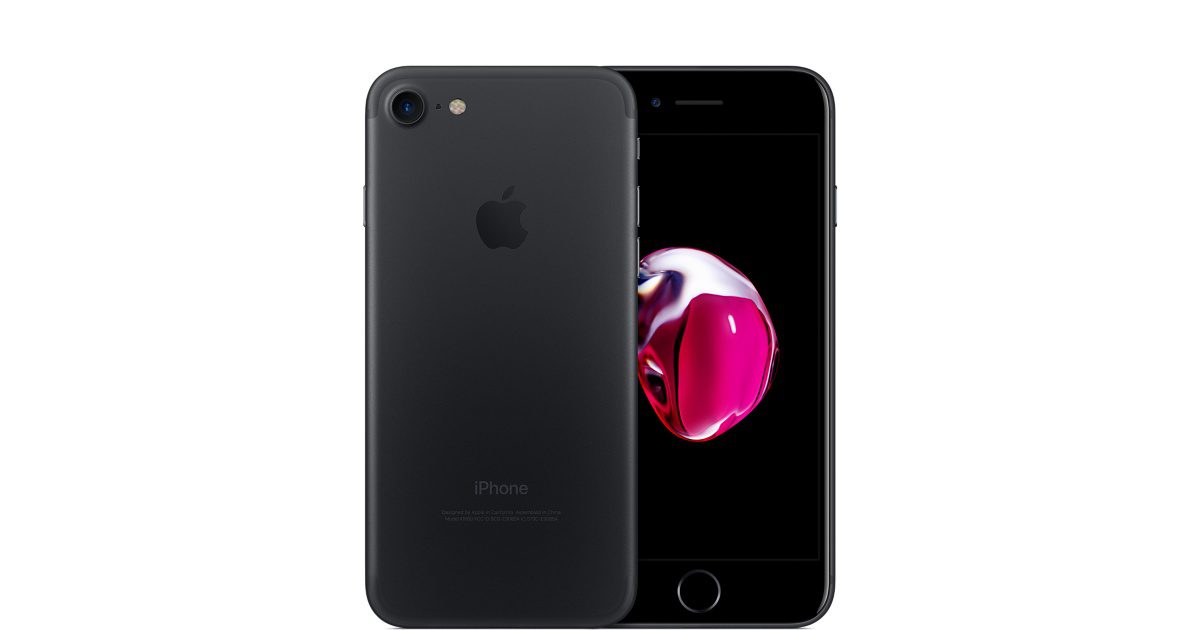The truth!
Do you own an older model iPhone? Well, you might have thought to yourself that Apple was slowing it down. And, as it turns out, you’d be right. Apple has admitted that they do throttle the processor with software updates, after benchmark tests pointed it out.
Apple, however contends that they don’t do it for the sake of planned obsolescence. Rather, it’s due to the fact that batteries age much faster than the processor. Their official statement on the matter:
Our goal is to deliver the best experience for customers, which includes overall performance and prolonging the life of their devices. Lithium-ion batteries become less capable of supplying peak current demands when in cold conditions, have a low battery charge or as they age over time, which can result in the device unexpectedly shutting down to protect its electronic components.
Last year we released a feature for iPhone 6, iPhone 6s and iPhone SE to smooth out the instantaneous peaks only when needed to prevent the device from unexpectedly shutting down during these conditions. We’ve now extended that feature to iPhone 7 with iOS 11.2, and plan to add support for other products in the future.
You might, however, be forgiven for not buying that particular line. After all, battery technology is slowly getting better, and doing this sort of thing without telling your consumers is kinda rank. Not to mention the fact that it would’ve probably been welcomed far better as an opt-in feature. Forcing your customers to universally stand around waiting a bit longer than the ones that just got the new shiny rectangle doesn’t exactly look that good.

